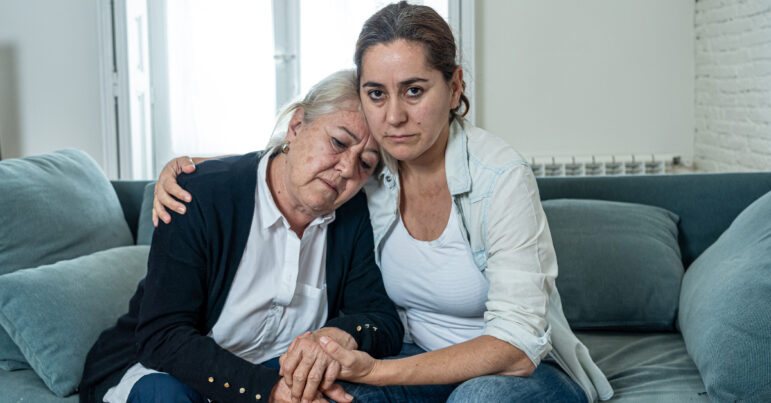State Medicaid programs serve over 85 million low-income Americans, providing them with crucial access to healthcare. But for some older adults, this lifeline has turned into a burden because of “estate recovery programs” that allow states to recover Medicaid spending by taking patients’ assets.
All states are required under federal law to have these programs designed to recoup money spent under Medicaid for people over 55. However, states have control over enforcement. That means that while some states elect not to target their residents, other states are much more aggressive in reclaiming Medicaid costs, targeting assets like their homes or retirement accounts.
On paper, the program is designed to bring down Medicaid costs and ensure wealthier individuals aren’t gaming the system at low-income people’s expense. In reality, it’s taking away what’s oftentimes the only source of wealth people have and crushing generational progress.
A family home lost
Take the Ruhl family, featured in a recent NPR article. After losing their wife and mom Fran to Lewy body dementia, the family received a letter from the Iowa Medicaid estate recovery program informing them that the government would recoup all of Fran’s assets. Fran’s husband still lives in the house and intended to leave it to their daughter, but Fran was a joint owner of the home and therefore the government was entitled to half the value of the home.
Fran’s disease was hard to treat and expensive. Options were limited, and now the family is paying the price. On the bright side, her husband will not be evicted from the home they shared. Their daughter, though, will still have to deal with the $266,000 bill on her own once he passes. The pain has been deferred to the future.
The ripple effects
As stories like this gain attention, there’s one often-missed side effect: avoidance of care. Patients, particularly those who are elderly and dually eligible, may hear about Medicaid estate recovery and become fearful of using the benefits that they are eligible to receive. The thought of eviction is terrifying, and education about the program is lacking, so seniors might not understand that this process begins after death. Thus, the fear of potential repercussions discourages people from seeking the care they need, which can exacerbate their conditions and create a cycle of needing and avoiding care.
“For the elderly poor, the prospect forces an impossible choice, between their health and their sole marker of wealth.”
– Libby Watson, The Defector
All of this is justified under the reasoning that these funds need to be recouped in order to keep Medicaid solvent, but the math just doesn’t line up. To qualify for Medicaid, one has to be considered low-income; it follows that low-income patients likely don’t have hugely valuable estates. A 2021 study found that three-quarters of those on Medicaid have a net wealth of less than $48,500. Similar to how nonprofit hospitals continue to sue patients eligible for charity care, these programs tend to recoup very little monetarily while being devastating to families. Many states also hire third-party contractors to manage their estate recovery programs, tacking on even more costs. All in all, estate recovery only recovers 0.55% of total spending on long-term care. The fiscal responsibility argument doesn’t have the numbers to justify the suffering caused.
States have control over the enforcement of Medicaid estate recovery efforts. Some experts are even advocating allowing states to opt out completely. In a socially responsible healthcare system, there is never a choice between your health and home.
